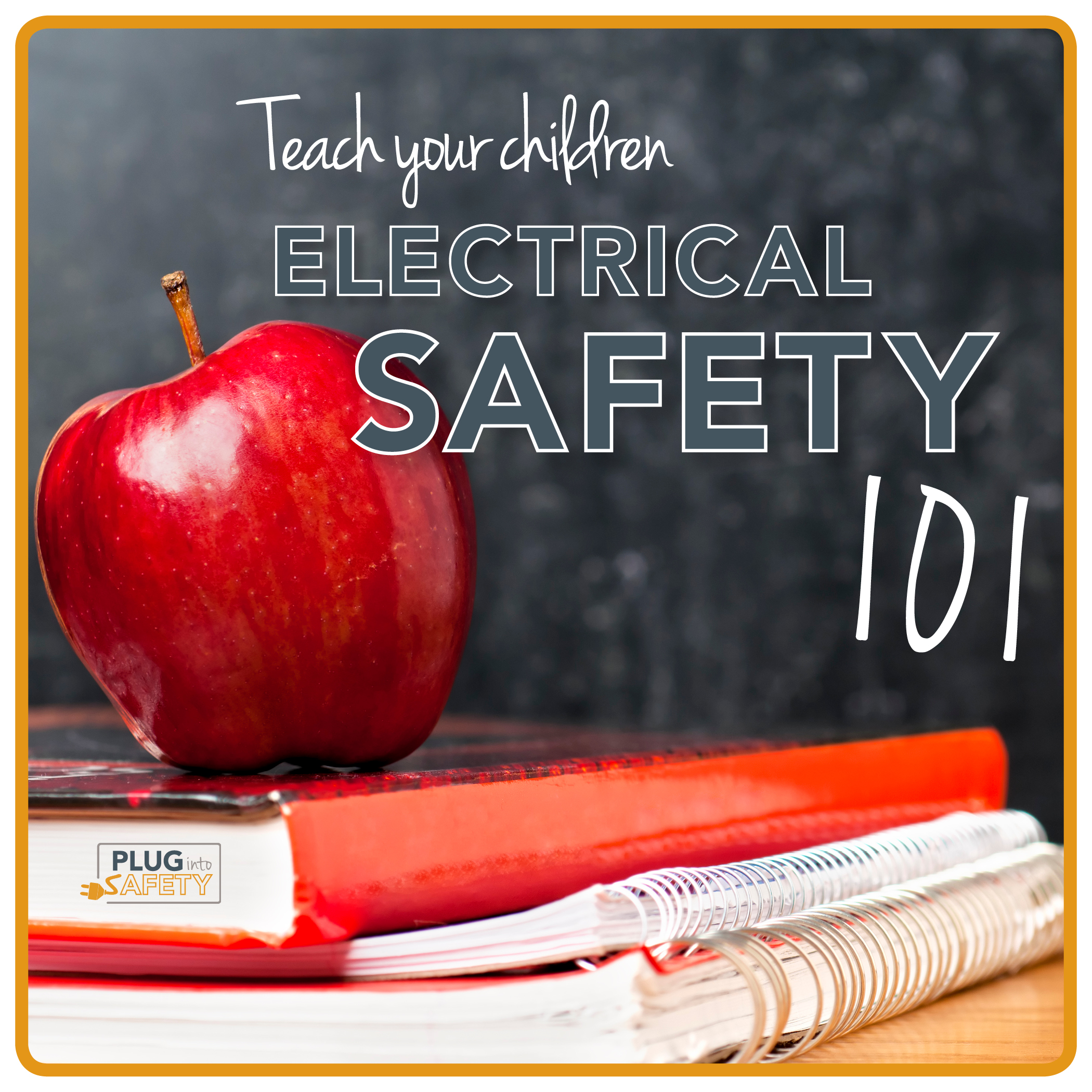 Building independence is a key part of every child’s development. Since parents won’t always be there to tell their children what’s safe and what’s not, helping them learn how to make safe decisions for themselves, especially when it comes to electrical safety, is vital.
Building independence is a key part of every child’s development. Since parents won’t always be there to tell their children what’s safe and what’s not, helping them learn how to make safe decisions for themselves, especially when it comes to electrical safety, is vital.
Summertime — before the kids go back to school — is a good time to teach them some “Electrical Safety 101” lessons. By sharing some basic information with their favorite students, parents or other adults can potentially save their lives.
“One of our core principles is commitment to community,” said Tom VanParis, CEO of Indiana Electric Cooperatives, the Indianapolis-based service association of the state’s consumer-owned electric cooperatives. “That includes educating our members about electrical safety.”
Here are some electrical safety lessons parents should discuss with their school-age children:
- Don’t play near or around power lines or poles.
- Stay clear of pad-mount transformers (large green boxes) or electrical equipment.
- Don’t place any foreign objects, such as pens or screwdrivers, in electrical outlets.
- If you’re a teenage driver, obey all traffic laws and drive safely — especially in areas where utility crews are working.
- If you’re in an accident involving a downed power line, assume the line is energized. Remain in the vehicle and call 911. If you must exit the vehicle, jump out of it with both feet together. Avoid contact with the vehicle and ground at the same time. Then, shuffle away with small steps, keeping your feet together and on the ground at all times. This will reduce your risk of electrical shock or electrocution.
Quick Terms
Parents: Here are some “Electricity 101” terms you can teach your children.
- Amperage (amps) — the basic unit of measurement for electric current.
- Current — the movement or flow of electricity.
- Transformer — a device that changes the intensity of electric current.
- Watts — a measure of the amount of work done by a certain amount of amperage of electric current at a certain pressure or voltage.



